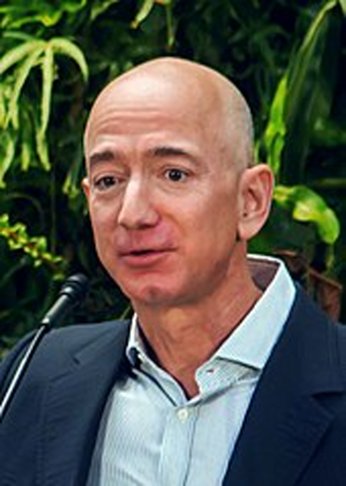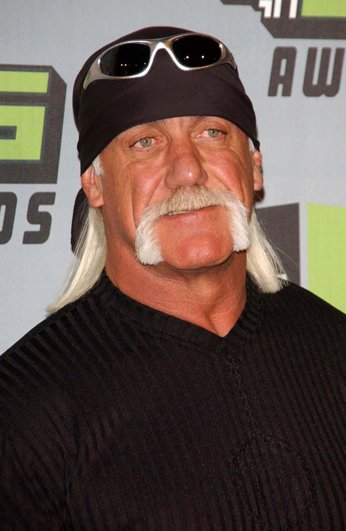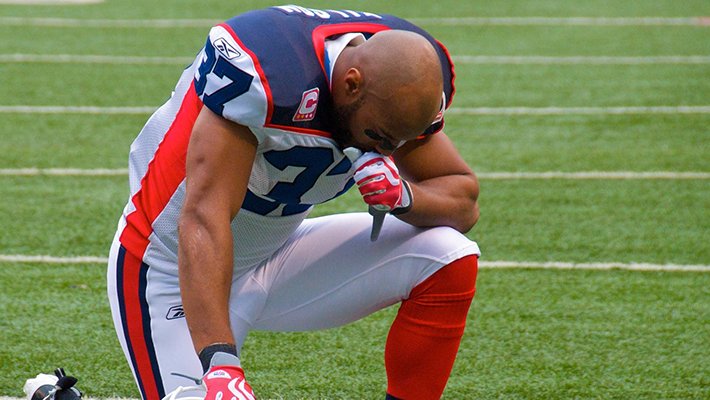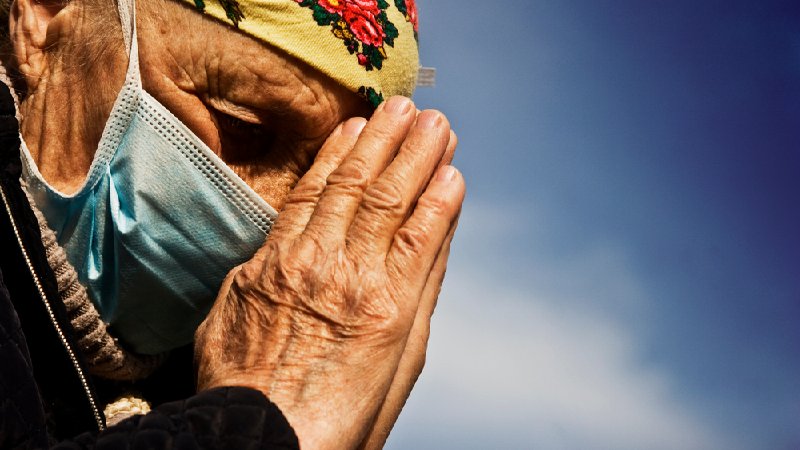
-
HOME
-
WHAT IS STANDOur Mission Our Values Our Help Contact
-
WHAT WE FIGHT FORReligious Freedom Religious Literacy Equality & Human Rights Inclusion & Respect Free Speech Responsible Journalism Corporate Accountability
-
RESOURCESExpert Studies Landmark Decisions White Papers FAQs David Miscavige Religious Freedom Resource Center Freedom of Religion & Human Rights Topic Index Priest-Penitent Privilege Islamophobia
-
HATE MONITORBiased Media Propagandists Hatemongers False Experts Hate Monitor Blog
-
NEWSROOMNews Media Watch Videos Blog
-
TAKE ACTIONCombat Hate & Discrimination Champion Freedom of Religion Demand Accountability
How Billionaires Are Helping Us Fight Defamation
Early in February, The National Enquirer got a taste of its own defamation.
A month before, when the yellow-press magazine published Amazon CEO Jeff Bezos’ private text messages, Bezos demanded an investigation into how that could have happened.

That’s when it got ugly. The tabloid apparently threatened to publish ten intimate photos from the same stash, unless Bezos backed off on his demands.
On February 7, Mr. Bezos counter-attacked. He wrote: “Rather than capitulate to extortion and blackmail, I’ve decided to publish exactly what [The National Enquirer] sent me, despite the personal cost and embarrassment they threaten.”
He added: “Of course I don’t want personal photos published, but I also won’t participate in their well-known practice of blackmail, political favors, political attacks, and corruption. I prefer to stand up, roll this log over, and see what crawls out.”
Unexpectedly, American Media, the Enquirer’s parent company, quickly backed down, and promised an investigation at the board level.
For the second time in this decade, the media had lost a fight they had every expectation of winning.
For that reason, the media have had a license to say or show anything, regardless of the truth, for 50 years.
It started in 2012. Gawker Media was one of those “anything goes” media defamation organizations. But when they published a sex tape of professional wrestler Hulk Hogan, Hogan said he would sue for violation of privacy. And this time, he found an ally in billionaire Peter Thiel, who also had a grievance against Gawker. Thiel bankrolled Hogan’s $100 million case.
Amazingly, Hulk Hogan won. Gawker Media is no more.
Yes, something is changing: the rest of us, who have had to live with invasions of privacy and out-of-control attacks, are getting help from an unexpected quarter: the very wealthy. They are hitting back at media companies, who for 50 years have relied on a 1964 case that lets them publish provable falsehoods on politicians and public figures… unless they can prove “actual malice.”
Good luck proving that.

(Photo by sbukley/Shutterstock.com)
“The amount of proof must be ‘clear and convincing evidence,’” according to The First Amendment Encyclopedia. You can imagine what it takes to make that case! It’s like proving what someone was thinking. An expensive project, to say the least, which is why it sometimes takes billionaires to fight these defamers.
For that reason, practically speaking, the media have had a license to say or show anything, regardless of the truth, for 50 years.
And in case you thought this only applied to presidents and superstars, consider this: your own access to social media can potentially make you a public figure! Anyone can become an overnight celebrity, and be exposed to a “license to lie.”
To be very clear, many in the media are careful about the truth and would never consider a defamatory action. They know the Constitution’s First Amendment ensures the integrity of our republic by guaranteeing the right to free speech, and they are scrupulous in safeguarding it. And as a Forbes editorial put it, the 1964 law “has empowered journalists to root out official corruption and expose wrongdoing by the powerful.”
Yes, many in the media are conscientious, and defending us with a great deal of integrity.
But these brave reporters are being undercut by salacious defamers, who get away with blatant lies because it’s so hard to prove “actual malice.”
For decades now, longtime Scientologists like me have had to suffer defamatory attacks by opportunists like ex-Scientologists, one of whom recently boasted that she did no vetting of the “sources” on her A&E reality show because they were “her people” and she “believed them.” Of course, she and media organizations A&E, Hearst Publishing and Disney profit from such slander.
But again, those who are the target of such slander aren’t the only ones who suffer. When no attempt is made at balanced reporting, honest reporters are harmed, because the public lumps them in the same basket as the tabloids. This has the effect of destroying the First Amendment, our best weapon against evildoers.
In 1905, Upton Sinclair broke new ground with a series of articles that eventually became The Jungle, exposing slaughterhouses for their cruel and dangerous practices. That led to much-needed, lifesaving reforms in the meatpacking industry. Five years later, 146 workers died in the Triangle Shirtwaist Factory Fire, which led to a widening of these reforms and helped create the much safer practices we take for granted today.
This is why writers and reporters have a precious role in society, protected by the First Amendment. The media figures and organizations that engage in knowing lies for profit, hurt these crusaders and pervert our greatest asset: the truth.
Imagine if we didn’t have the protection of the First Amendment: the powerful would have no restraint, and voices speaking up would be jailed, as they are in many countries today. In fact, the number of journalists imprisoned globally in 2018 neared record highs. That’s why it is so vital to stand up to media abusers.
Thank you, Jeff Bezos, thank you, Peter Thiel, for standing up for our rights. You are helping to turn the tide. Bringing these abusers under control means restoring the power of the First Amendment that is so precious to us all.









